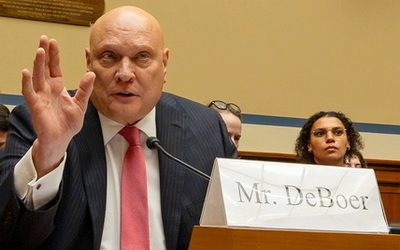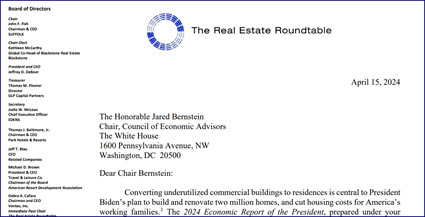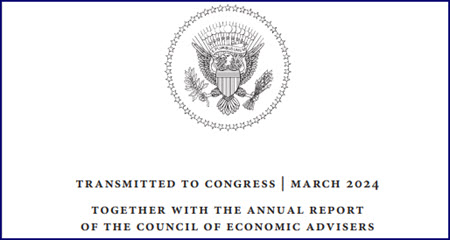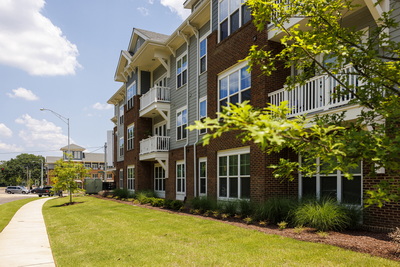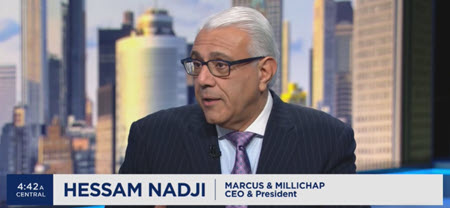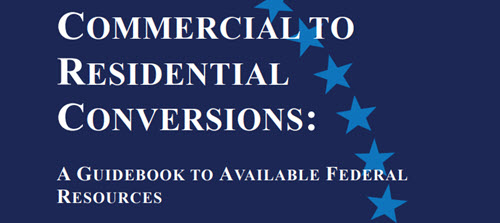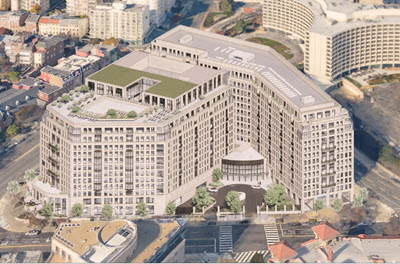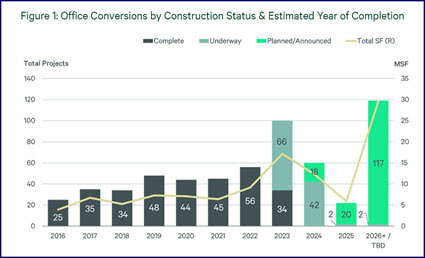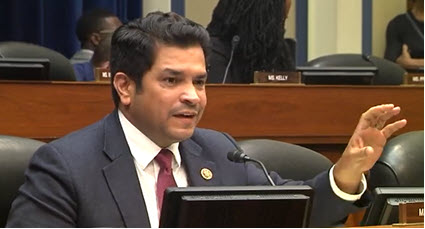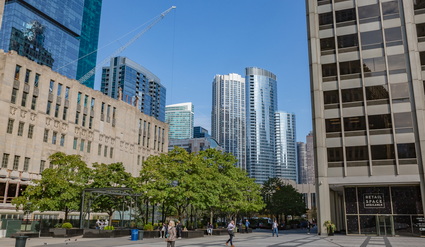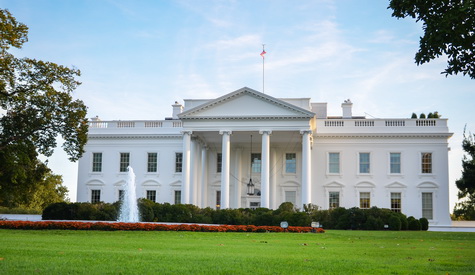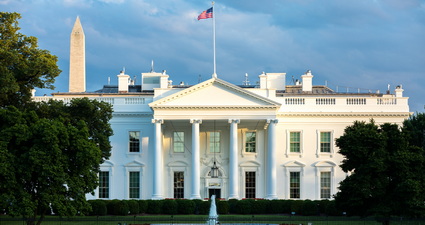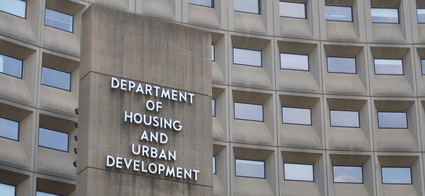Recent reports show property conversions are on the rise as commercial real estate and cities continue to undergo significant transformations to adapt to new post-pandemic realities. (Multihousing News, May 20 | (CBRE Report, May 29)
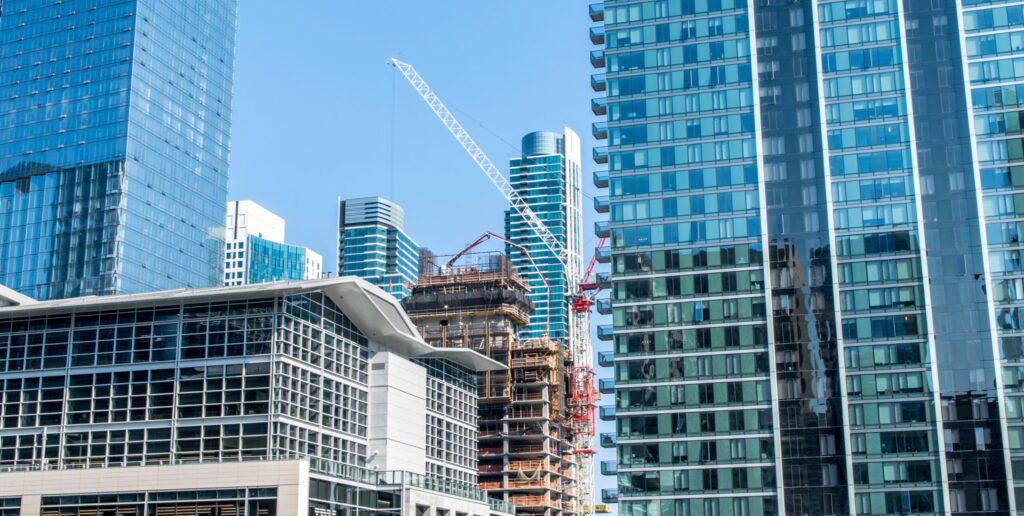
Report Data
- Adaptive reuse projects are on the rise, with 17.6% more apartments converted from outdated buildings in 2023 than the prior year, according to a recent RentCafe report.
- There are currently 151,000 units underway in various stages of conversion projects across the U.S., of which 58,000 are to be redeveloped from office properties. (CRE Daily, May 30)
- Adaptive reuse projects from former hotels are at an all-time high in the U.S., with a 38.8% increase since the previous year and almost double the volume of 2021. (RentCafe report).
- CBRE’s “Shaping Tomorrow’s Cities” report identified six key factors that can help cities rebuild and thrive: economic dynamism, demographic potential, lifestyle vibrancy, distinctive identity, responsive governance, and resilient infrastructure.
Rebuilding Strategies
- Converting underutilized buildings to residential use can be a cost-effective means of developing new housing, creating jobs, and generating critical sources of local property tax revenue while saving energy and reinvigorating communities.
- However, conversions can be costly, and local governments and developers must work together to bridge the gap and aid in rebuilding cities and communities.
- For example, Chicago is providing $150 million in public subsidies to property developers to convert four buildings in the business district to more than 1,000 apartments, with the assurance that one-third are set aside as affordable units. (WSJ, May 28)
- In New York City, Mayor Adams created the Office Conversion Accelerator Program, which brings city agencies together to work collaboratively with developers and aims to streamline converting offices into housing. (CRE Daily, May 30)
- “Public and private stakeholders have an integral role to play in shaping American cities. By having an all-hands-on-deck approach, the collective impact of experiences and rich data will drive insights and strategies to transform our cities,” the report said. (CBRE Report, May 29)
Roundtable Recommendations
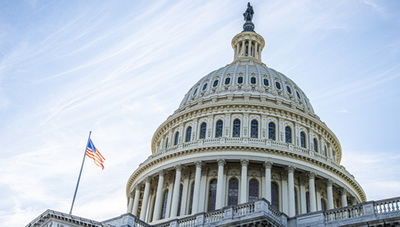
- The Roundtable has urged policymakers to create a robust tax incentive to help overcome the significant financial, architectural, and engineering hurdles associated with repurposing older commercial buildings as housing.
- The incentive should complement actions taken by state and local governments to encourage property conversions.
- The Roundtable is working with the House and Senate sponsors of the Revitalizing Downtowns Act (H.R.419) to update and improve the bill, which would create a 20-30 percent tax credit for qualifying conversion costs.
- The credit is based on the highly successful historic rehabilitation tax credit and would apply to buildings that set aside 20 percent of their housing units for low- and moderate-income tenants.
- In April, The Roundtable recommended a series of actions to the Biden administration to support commercial-to-residential property conversions, including leveraging various federal loan programs and tax incentives to provide financial support for CRE conversions. (Roundtable Weekly, April 19)
Property conversions and the Revitalizing Downtowns Act (H.R.419) will be discussed at The Roundtable’s Annual Meeting on June 20-21 in Washington, DC.

